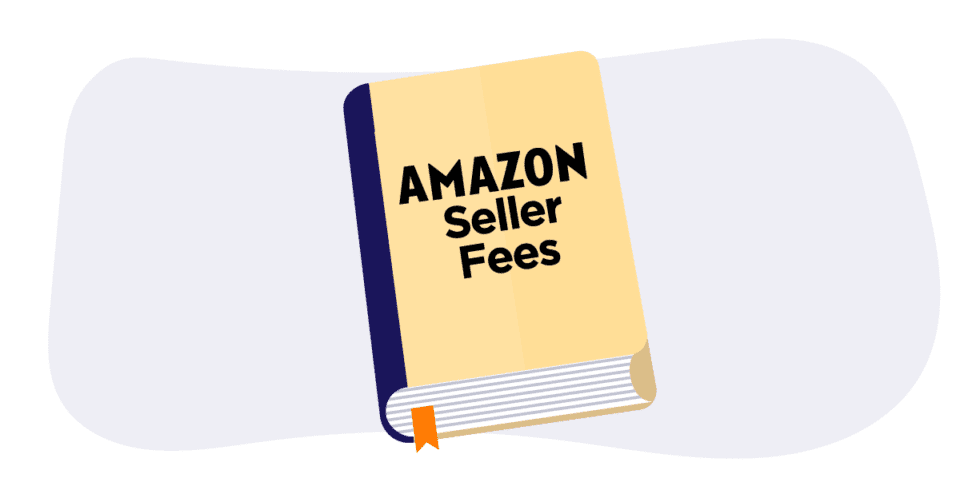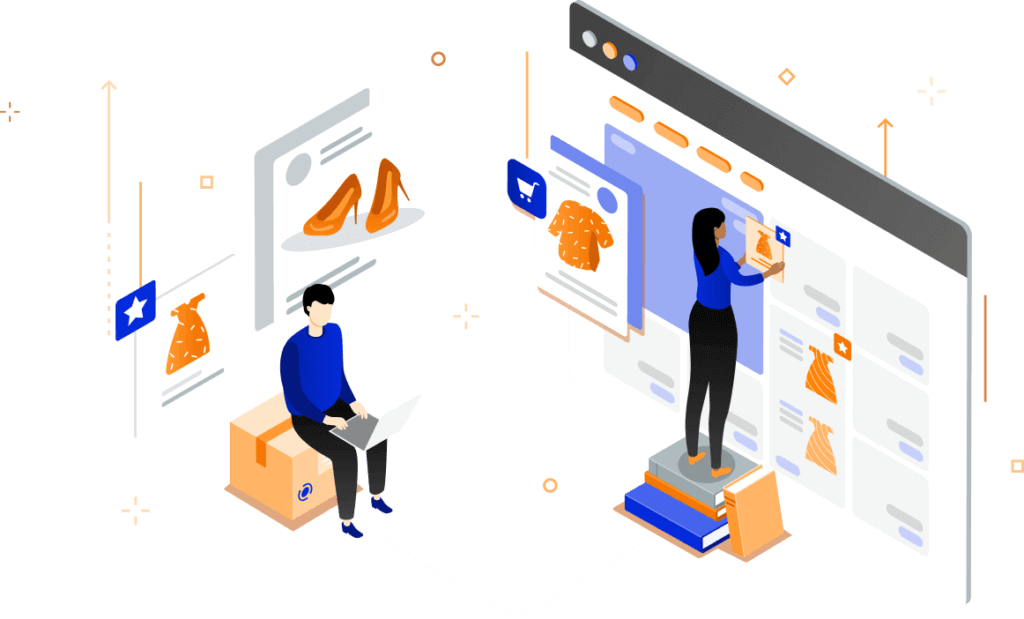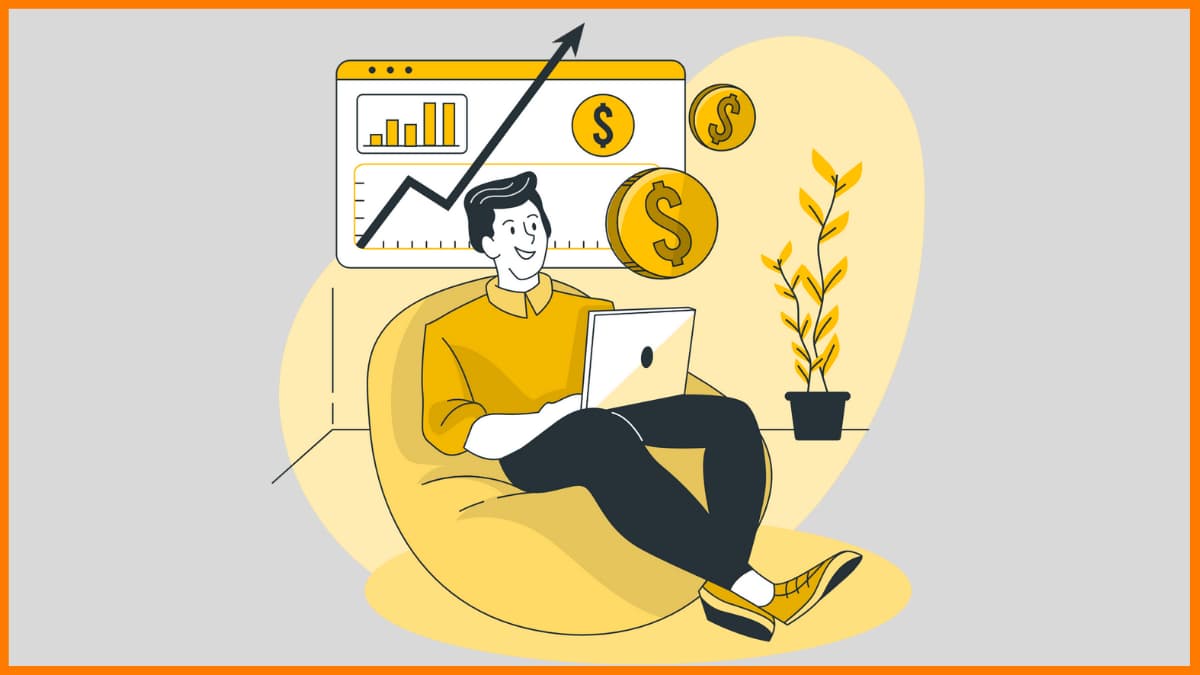
Amazon Sponsored brands ads are a form of paid advertising that include a brand logo, custom headline and up to three products. They appear in search result results to help shoppers discover you brand and increase product awareness.
They can also drive traffic to your brand Store or a custom landing page. They can be cost-perclick (CPC), so you decide how much money to spend.
Advertising for Brands
Sponsored Brands ads are formerly known as Headline Search Ads. They feature brand imagery and messaging to engage people in their shopping journey.
They can also be a powerful tool for driving conversions and generating more revenue. They offer the highest return-on-adspend (RoAS), among all types of Amazon PPC ads.
It is important to regularly review your Amazon sponsored brand campaigns in order to optimize campaign performance. This will enable you to track clicks and spend, sales, and ACoS.
A variety of metrics can be used to evaluate your sponsored brand campaign. One of the most useful metrics is new-to-brand metrics. This allows you to see how many ads-attributed purchases were made. These metrics allow you to see if you are delivering on your brand promise, and whether or not your business is having a positive impact. It is a good idea monitor these metrics both weekly and monthly.
Custom image

Amazon Sponsored Brands (ASAB) is the only ad type that lets advertisers tell their brand's story. This is a valuable feature for sellers in a competitive marketplace.
To get started, you'll need to create a Sponsored Brands campaign. You'll need to create a Sponsored Brands account. This will allow you to choose a product assortment, landing pages and at minimum one product to promote in your Sponsored Brands campaigns.
Also, you will need to upload a custom picture to your sponsored brand advertisement. This will show Amazon shoppers your brand's products in use.
Your image will be displayed at the top on customer search placements, both on tablet and desktop. It is recommended to upload a custom picture with a minimum resolution of 1200x628 pixels, under 1MB, in PNG and JPEG formats.
Targeting
Targeted advertising is a type of online marketing that uses specific information to create ads that target customers. This information includes browsing and consumer behavior, as well demographic data such as age and place.
Cookies, which are small pieces of data that can save information about a computer, allow advertisers to accomplish this. Cookies are what tell advertisers what someone has done on a website.
But targeted advertising can be unsettling and intrusive for some people. They aren't sure what the benefits of seeing ads for products they already have purchased. Additionally, they feel less secure with their online activities because of this intrusion on privacy.

Fortunately, there are many ways to protect user privacy while still reaping the benefits of targeted advertising. These include geotargeting, behavioral targeting, device targeting, contextual targeting, and behavioral ad-targeting.
Cost-per-click
Cost-per-click (CPC), a marketing metric, tracks how much advertisers pay for each click on their ads. This metric helps to determine the effectiveness of digital marketing campaigns, across platforms like Facebook AdWords.
It's important to understand how cost-per-click works because it can be a key factor in the success of your ad campaign. If your website converts visitors into leads and is B2B, then your cost-per click will be lower than if it sells directly to customers.
CPCs are more expensive for search terms that have high searches volume or keywords phrases with broad intents. A term such as "basketball shoe" will often get a bid that is higher than one like "Christmas socks".
FAQ
Where can I get coupons for online shopping
You have two options to locate coupons for online shopping. 1. Go directly to the site of the company that you want to buy from. 2. Search Google for coupon codes. Both methods work but certain websites may be more easy to navigate.
Do I really need to register a credit card number in order to shop online with it?
Registering your credit card is optional. If you are interested in receiving special offers and discounts, however, it may be worthwhile to register your card. It is always a good idea for you to verify your identity with the bank.
Can I buy clothes online and return them?
Absolutely! It is actually much easier to buy clothing online. All major retailers offer free returns. Simply print the label and return it to us.
Remember that you can only get a return once you have received the item. If you aren't satisfied with the product for any reason, you will need to return it.
Do you think it is worth signing up to receive rewards and insider information wherever you shop?
Rewards are great, but they're not always worth the effort. If you do decide that you want to join an online program you should make sure that there is value. It's important that you know exactly how much you'll spend on it.
Do not sign up just for the bonus. Sometimes these bonuses won't be worth the effort to apply for one.
It is important to ask yourself why you want a reward program before you join. Many people join because friends are doing it. You won't enjoy the company's products or services if that is the case.
Why I shouldn’t believe the hype surrounding sales in online shops and stores?
Sometimes, sites will overstate the starting price of an object to make you appear to be saving more. Make sure to add the item you are interested in to your shopping cart so it doesn't get lost. Then, search Google for the designer name and type of product that you are searching for. The amazing deal that you thought you were getting may not be so great after all. It is possible to get the same item at a cheaper price.
Why is it better to use credit when shopping online
Credit card companies offer a variety of benefits, including rewards programs, free shipping and cash back. Additionally, they provide fraud protection. They don't have fees, which is why they are better than debit cards.
Customers who wish to pay their balance in full on time can also use credit cards. Credit cards let you shop with confidence, regardless of how much money your account has.
How can you avoid fraud online with credit cards?
When you shop online using credit cards, ensure you carefully review your statements before making any purchase. Only pay the bills you owe. Regularly check your bank statement to find out if anything is suspicious. Call your card issuer immediately if you see any unusual charges. They will often cancel the transaction, and then refund any money that was taken from your account.
Contact your local police department if you believe you have been scammed. The Federal Trade Commission can also be contacted.
Statistics
- The vast majority only change a password to protect privacy a few times a year (27 percent) or, more likely, never (35 percent). (pcmag.com)
- Your Online Purchases 79% of Americans purchased goods and services online in 2018, which is expected to exceed 90% in 2023. (meetfabric.com)
- All items on AliExpress have an estimated delivery time on the product page, and it's usually anywhere from 20 to 60 days. (makeuseof.com)
- According to the Federal Trade Commission (FTC), online shopping was the fourth most common fraud category for consumers as of February 2022.5 (thebalance.com)
External Links
How To
How to shop online securely
Online shopping offers convenience and is a great way to shop for goods and services. But, convenience comes with a cost. While there are many benefits to buying from an online store but also risks. Identity theft is the most serious risk. Identity thieves use your personal data (name, address, credit card number) to steal money from you or take out fraudulent loans against your name. Your stolen information is then sold on the black marketplace. If you want to stay safe while doing business online, here are some tips to keep in mind:
-
Secure websites are recommended. SSL encryption is a free service offered by most online stores to protect customers' data. It means that any information entered onto their website such as names, addresses and phone numbers is encrypted so that only you have access to it. It prevents others from viewing what you put in. Check that the certificate has been issued by a recognized CA before you decide which online store you want to do business. When browsing the internet, look out for the green padlock icon near the URL bar.
-
Your password should not be divulged. When you first sign up for a new account, you usually receive an email asking you to confirm your email address and/or username. This information should never be given to anyone. Don't keep them in your wallet. They could also be used to access your accounts if you lose your wallet. Instead, store them on your computer. A good rule of thumb is to change your passwords once every three years.
-
Keep track on your orders. You should keep track of all the places you send items, whether you are sending them to yourself or others. Many people are tricked into believing they have sent something, but it was actually delivered to another person. Before you send anything, always verify the tracking number. Always get proof of delivery before you ship anything. If you aren’t satisfied with your service, contact the company as soon as possible.
-
Know who you're dealing with. Many websites ask you for sensitive information, including your full name, date and birth, Social Insurance Number, bank routing number, and social insurance number. These details will help identify you, so it is important to be cautious about giving them out. Google "what information does a website need" to find out if it is. There are many ways to find answers.
-
Pop-up windows are a danger. Many websites will bombard you daily with pop-ups offering special offers, discounts, and other products. Some ads are legitimate but some are intended to trick users into divulging private information. Fake antivirus programs might ask for your bank information, credit card number, and social insurance number. To avoid being tricked, never click on links that appear suspicious.
-
Beware of phishing scams. Phishing scams involve hackers pretending to be from reputable businesses in order for consumers to hand over their financial details. Phishers send emails that look like they're from retailers and banks. These emails encourage users to log-in to update their account information. Once you've given away your information, the hacker has control over your finances. Hackers can even empty out your bank accounts or transfer funds between different accounts. Many resources are available on spotting a phishing scam, including How to Spot a Fake Email Scam.
-
Do your homework. Before signing up for a deal, always read the fine print. You must understand the terms and conditions before you sign any contract. You should carefully read through the contract and make sure you understand what you are agreeing to. It's important to avoid hidden fees and charges when trying to save money.
-
You can shop around. Don't be afraid to shop around. Compare prices across multiple websites until you find your best price. You can also compare shipping prices when ordering multiple items. Shipping rates can vary widely depending on which website is used. It is worth paying extra for faster shipping.